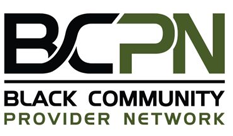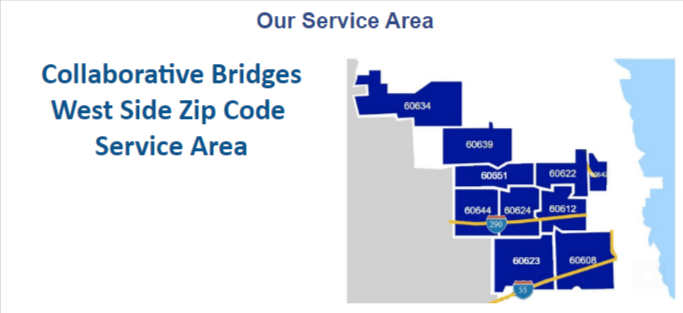CJC Seeks to Eliminate Employment Barrier Through Bill in IL General Assembly
Over the last several years, Chicago Jobs Council’s (CJC’s) focus on eliminating barriers to employment has revealed that driver’s license suspensions lead to job loss and missed economic opportunities. In Illinois, a CJC survey found that 52% of respondents who had their driver’s licenses suspended for non-driving violations lost or missed out on a job opportunity because they didn’t have a license.
Through the License to Work and SAFE-T Acts, we have successfully eliminated driver’s license suspension for fines and fees in Illinois. We are building on these successes by working to end debt-driven suspensions for failure to appear.
According to data received from the Secretary of State’s office, there are more than 100,000 people with driver’s license suspensions in Illinois for “failure to appear” in traffic court. These suspensions are often just an extension of the debt collection process for traffic tickets, and there are numerous reasons to eliminate the practice, including:
- Like the other debt-driven suspensions, the real world impact of failure to appear suspensions is devastating to communities of color. A 2021 CJC report found a strong correlation between race and suspensions. The correlation is also consistent across all zip codes, whether or not they are majority Black or Latino. The trend is the same: more suspensions and holds the more people of color live in a zip code. The race of drivers was more influential than income level in determining the likelihood of suspension.
- Taking away someone’s access to transportation by suspending their driver’s license makes them less able to appear in court at all.
- In states that no longer suspend driver’s licenses for failure to appear, there is little to no evidence that suspending people’s driver’s licenses increases payment or the likelihood of them appearing in court.
CJC’s bill—HB277—is currently in the Illinois Senate and if passed, will ensure that people who receive minor traffic tickets such as speeding or not stopping at a stop sign, do not have their driver’s license suspended for failing to appear in traffic court.
To ensure maximum financial opportunity and safe transportation for our constituents and all of Illinois, we urge that the Illinois General Assembly pass legislation to end the practice of suspending driver’s licenses for failure to appear in court.




